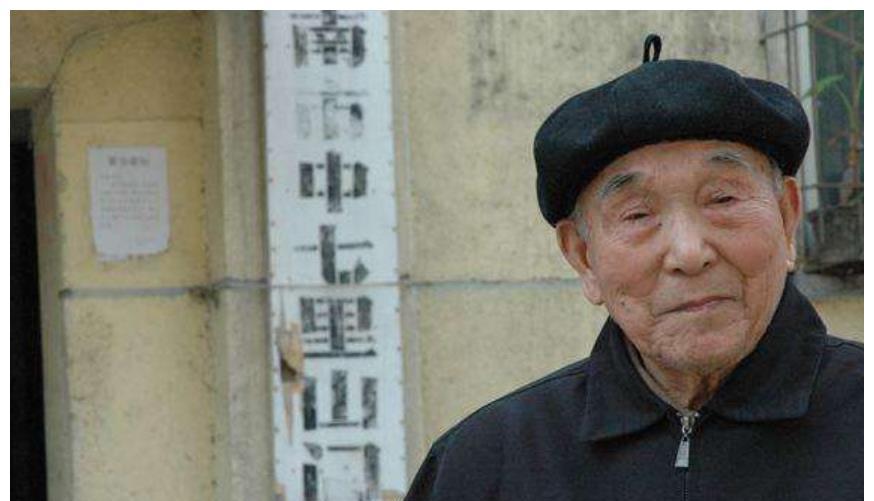During the War of Resistance Against Japanese Aggression, the Japanese people were deeply brainwashed by militarist ideas, and many Young Japanese people joined the army with the idea of serving the emperor, but many people came to China and found themselves deceived. However, even if these Japanese soldiers knew the truth, all they could do was to go with the flow. In fact, some Japanese soldiers joined the Eighth Route Army because they recognized the nature of the war of aggression, and some Japanese soldiers stayed in China all their lives to atone for their sins, such as Hiroshi Yamazaki.

Born in Okayama Prefecture, Japan, Hiroshi Yamazaki may have become a young man with lofty ideals in peacetime, but in that frenetic era, the only way out for Japanese youth was to go to war. In 1937, the Lugou Bridge Incident broke out, and Japan launched a full-scale war of aggression against China, which was the year in which Yamazaki entered the Japanese army and came to China to fight. Hiroshi Yamazaki was a doctor before joining the army, and after joining the army, he was still responsible for treating wounded soldiers. As a doctor, he hated war, especially after seeing what the Japanese army was doing in China, and he felt that the behavior of the "Imperial Army" was far from the propaganda in Japan.
Hiroshi Yamazaki was reluctant to be an accomplice of the Japanese army, and finally one day he made up his mind to escape. Knowing that deserters were going to be shot as soon as they were discovered, Yamazaki's decision was surprising. After escaping from the army, Yamazaki Hiroshi was confused again, he wanted to go home but did not know how to return, in his impression, Shandong is relatively close to Japan, so he hopes to return to China by boat in Shandong. In order to return home for the faith, he ate and slept along the way, witnessed the damage caused by the war to China, and looked at the Chinese people who died in the war, Yamazaki Hiroshi felt that there were mixed feelings.
Yamazaki stopped when he walked to Jinan, Shandong Province, and although it was very difficult during the war, the locals still gave Yamazaki Hiroshi food, which deeply touched him, and he decided to stay here and atone for the war waged by Japan. Later, Yamazaki Hiroshi also married a woman who fled to Jinan, and the couple lived very happily. Yamazaki opened an in-house clinic in Jinan, and for decades he insisted on giving free medical treatment to the public every Saturday and Sunday, and his behavior was admirable.
In 1976, China and Japan had already established diplomatic relations, and Hiroshi Yamazaki, who had left his hometown of Hiroshi Yamazaki for 40 years, finally returned to Japan again. After seeing him, his relatives were very excited and arranged a job for him in the hospital. However, Yamazaki Hiroshi was reluctant to stay in Japan, he insisted on returning to China, and before leaving, he bought a lot of medical books and instruments, and donated them to the Jinan Hospital and Library after returning home.
In 2010, Yamazaki died of illness in Jinan at the age of 103, and according to his will, his body was donated to the School of Medicine of Shandong University for medical research, which was also the last wish of the Japanese doctor.